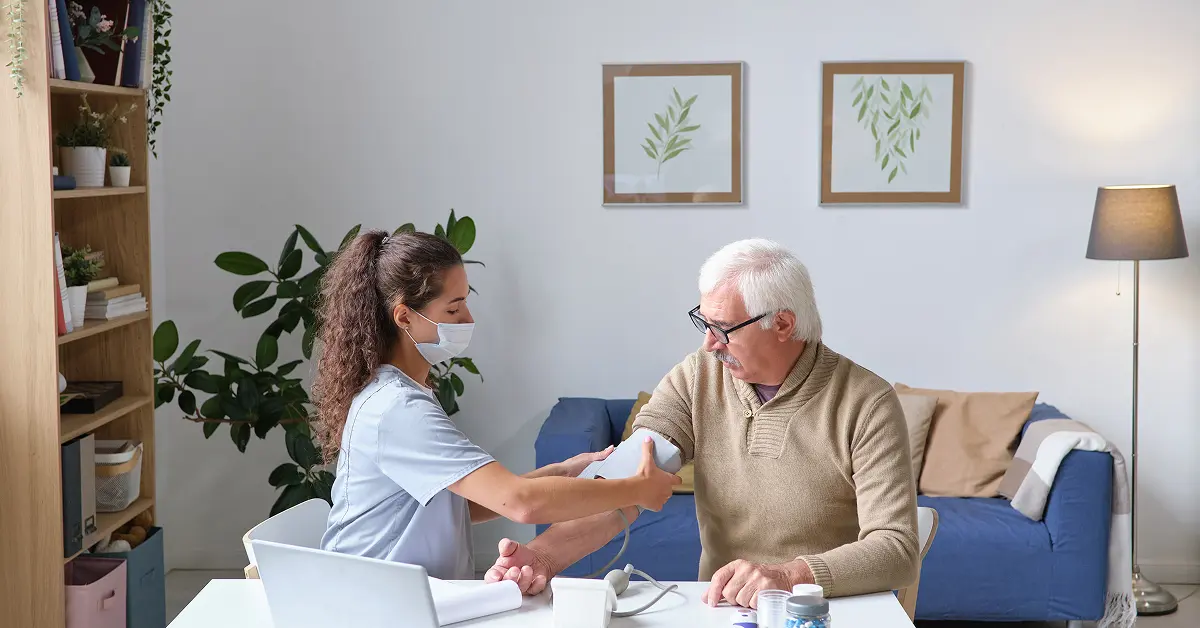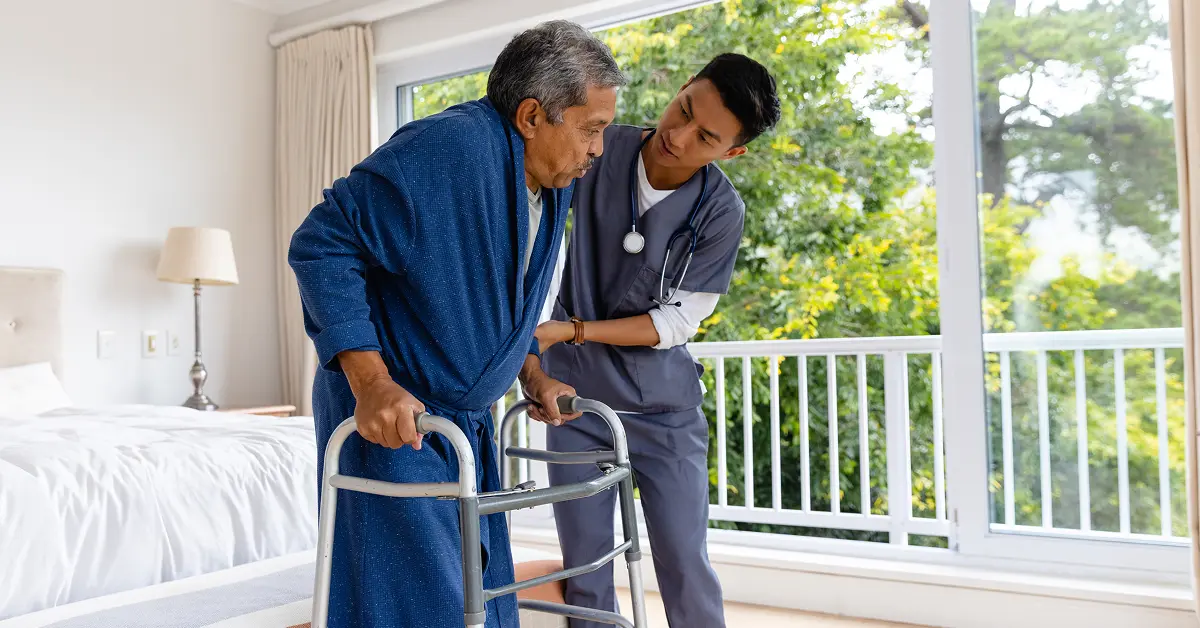Bringing a loved one home from the hospital is often a moment of relief, but it also comes with responsibilities. The transition from Hospital Discharge to home care must be well-planned to avoid complications and ensure a smooth recovery. From medical arrangements to home adjustments, here’s your complete guide to what to prepare before hospital discharge.
Understand the Discharge Process
The discharge process is more than just signing papers—it’s about ensuring that the patient is ready to leave the hospital safely. In most Indian hospitals, the process involves:
- Doctor’s Approval: The treating doctor confirms the patient’s condition is stable.
- Clearance from Billing: Hospital bills must be settled before discharge.
- Medication & Instruction Hand-over: Nurses or doctors will give you prescriptions, care instructions, and follow-up schedules.
Tip: Ask the hospital for a written discharge summary. This contains diagnosis, treatment, medications, and recommended home care. Keep it safe for future consultations.
Arrange Transportation in Advance
Depending on the patient’s health, you may need:
- Ambulance service for patients needing monitoring during transit.
- Private car with reclining seat for comfort.
- Wheelchair assistance if walking is difficult.
In India, hospital ambulances can be booked in advance, and some private services provide trained paramedics during the journey.
Prepare the Home for Recovery
Before the patient arrives, make sure the home is safe and recovery-friendly:
- Clean the room thoroughly to reduce dust and improve ventilation.
- Provide a comfortable bed with fresh sheets.
- Keep medicines, water, tissues, and phones within reach.
- Install anti-slip mats in bathrooms and ensure good lighting.
- Arrange medical equipment like oxygen cylinders or walkers if needed.
Stock Up on Medicines and Supplies
Buy the full course of medicines immediately to avoid treatment gaps. Common items to stock include:
- Prescribed medicines
- Wound care supplies
- Adult diapers if required
- Thermometer and BP monitor
- Hand sanitizers and gloves for caregivers
Tip: Many Indian pharmacies offer home delivery—arrange regular refills for long-term medicines.
Learn Home Care Instructions
Before discharge, understand:
- How to clean and dress wounds
- Medication schedules and side effects
- Dietary restrictions
- Allowed physical activities
- Warning signs that need urgent care
If language is a barrier, request instructions in your preferred language.
Plan for Follow-Up Appointments
Most patients need follow-ups for stitches removal, tests, or doctor evaluations. Book your first appointment before leaving the hospital to avoid delays.
Arrange for Caregivers
Some patients need 24/7 care. You can:
- Rely on trained family members
- Hire professional nurses or attendants
- Combine both for medical and emotional support
Nutrition and Meal Planning
Plan meals based on recovery needs:
- Protein-rich foods like dal, paneer, eggs, fish
- Fibre-rich foods to prevent constipation
- Light, easily digestible meals
Avoid oily, spicy, and junk food in the early recovery period.
Emotional and Mental Preparation
Returning home can sometimes cause anxiety or depression. Support mental health by:
- Encouraging social interactions
- Engaging in hobbies
- Maintaining a positive environment
Emergency Readiness
Be ready for emergencies with:
- Doctor’s contact number
- Nearest hospital emergency contact
- List of medications and allergies
- Emergency medical kit
Financial & Insurance Documentation
Before discharge, collect:
- Final bill and receipts
- Discharge summary and reports
- Insurance claim forms if applicable
Keep multiple copies for safety and claim purposes.
Final Thoughts
Preparing for hospital discharge is about creating the right environment for healing. With proper planning for transport, medicines, home setup, and follow-ups, you can ensure a safe and comfortable transition from hospital to home. In India, where family care is central, coordination between relatives, doctors, and professional caregivers can make recovery faster and smoother.
Contents
- Understand the Discharge Process
- Arrange Transportation in Advance
- Prepare the Home for Recovery
- Stock Up on Medicines and Supplies
- Learn Home Care Instructions
- Plan for Follow-Up Appointments
- Arrange for Caregivers
- Nutrition and Meal Planning
- Emotional and Mental Preparation
- Emergency Readiness
- Financial & Insurance Documentation
- Final Thoughts
Our 24*7 services
Latest Posts
- What Is Respite Care and Why Is It Important
- Affordable home care for senior citizens in India
- Caring for Seniors with Dementia or Alzheimer's at Home
- Senior Caregiving A Guide for Every Family
- How to Write a Caregiver Resume That Gets You Hired
- How Care After Hospital Discharge Speeds Up Recovery at Home
- How to Get Home Health Care for Seniors Through Medicare
- What Does a Senior Citizen Caregiver Really Do at Home
- How to Care for Elderly Parents with Alzheimer’s or Dementia
- How to Get 24-Hour Care for Seniors at Home


